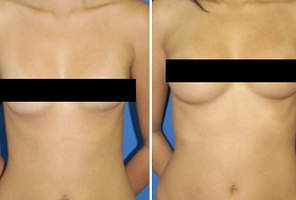The acronym for temporomandibular joint disorder is TMJD. It is sometimes called TMJ syndrome. The term refers to any acute or chronic swelling of the temporomandibular joint. This joint is susceptible to conditions that can affect other joints throughout the body including, but limited to, arthritis, dislocation, and developmental abnormalities. Disorders of the teeth can sometimes be the cause of TMJ. Symptoms of TMJ can include difficulty with biting or chewing, headaches, earaches, jaw pain, dull throbbing pain in face, popping or clicking sound when opening or closing the mouth, or trouble opening or closing the mouth. Approaches to correcting temporomandibular joint disorder include over-the-counter medication, prescription medication, gentle stretching of the jaw, and a number of different medical apparatuses including splints, and mandibular repositioning devices.
Fast Facts
- The National Institute of Dental and Cranialfacial Research recommend that TMJ treatments should always be aimed at reversing the condition, not just treating the symptoms.
- Additional approaches to treatment also include reconstructive surgery, orthodontics, and surgical repositioning of the temporpmandibular joint.

